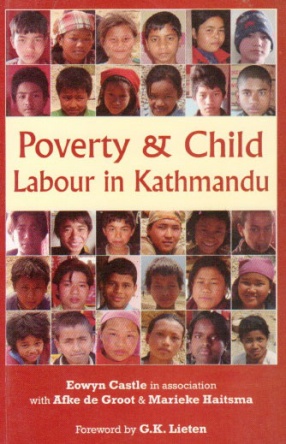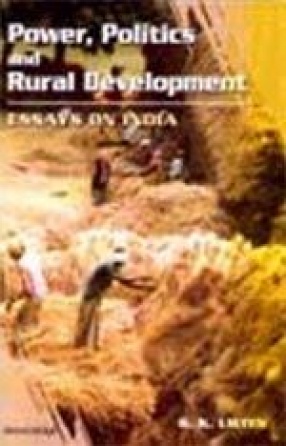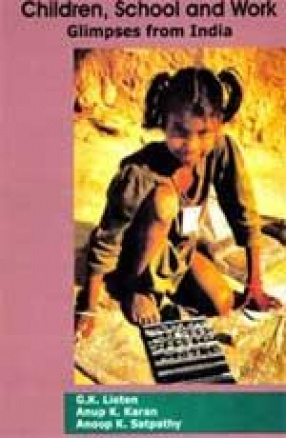
G K Lieten

Showing all 7 books


Contents: Foreword. 1. Introduction. 2. Child labour in Nepal. 3. Working children of Nepal. 4. Causes of child labour. 5. Conclusions, solutions and recommendations. References.

This book takes the contemporary discussion on devolution of power to the local level (the panchayats) as the point of entry for a discussion of various aspects of village life in Uttar Pradesh. At the dawn of the twenty-first century, villages in the region are experiencing the dual impact of feudal dominance and modernisation. The latter have entered village life through such institutions as markets, government programmes, legal changes, communication channels ...

Based on fifteen years of intensive anthropological and sociological fieldwork, this book presents provocative insights in the daily life of men and women in various villages of India. The topics dealt with are varied as also important and policy relevant. The author deals with the propensity of the village panchayats and their actual working in Uttar Pradesh and West Bengal, the impact of land reforms on development, the causes of the high human development ...

As the longest surviving democratically elected communist regime in the world, the performance of the Left Front Government in West Bengal has excited considerable attention. This lucidly written book critically examines the achievements of the government in the areas of land reforms, rural development, devolution of administration to the grassroots level, and above all in ensuring the democratic participation of the poorest classes. The study is based on primary ...

Of late, issues concerning various aspects of the lives of children have come to grab the focus of attention. And rightly so given that more than a third of the population constitute children who, after all, are the future of the country. Doubtless there is no dearth of policies that have been formulated, seminars and discussions that have taken place, funds that have been made available and NGOs that are functioning actively in this sphere. But how much do we ...


